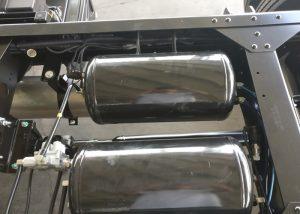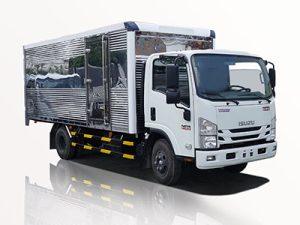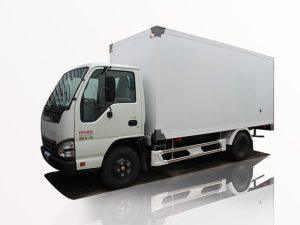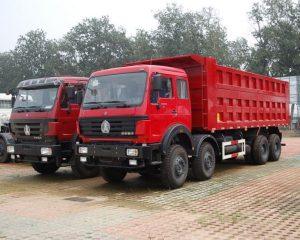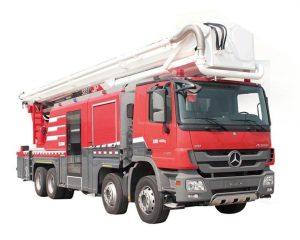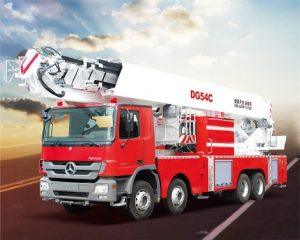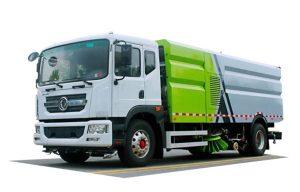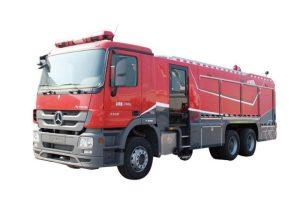Monday to Saturday - 8:00 -17:30
Understanding Ro Ro Bins: Your Comprehensive Guide
Introduction to Ro Ro Bins
Ro Ro bins, short for “Roll-On/Roll-Off bins,” are specialized containers designed primarily for the efficient handling and transportation of waste and recyclable materials. These bins are integral in various industries, including construction, manufacturing, and logistics, due to their ease of use and flexibility. In this article, we will explore everything there is to know about Ro Ro bins, including their benefits, types, applications, and best practices for use.
The Anatomy of Ro Ro Bins
What are Ro Ro Bins?
Ro Ro bins are heavy-duty containers that can be easily loaded and unloaded from vehicles using a rolling mechanism. Unlike traditional skip bins, Ro Ro bins have the capability to hold larger volumes of waste, making them ideal for substantial projects.
Types of Ro Ro Bins
| Type | Capacity | Best Used For |
|---|---|---|
| Small Ro Ro Bins | 10-15 cubic yards | Residential Projects |
| Medium Ro Ro Bins | 20-25 cubic yards | Construction Sites |
| Large Ro Ro Bins | 30-40 cubic yards | Commercial and Industrial Use |
Benefits of Using Ro Ro Bins
1. Enhanced Efficiency
Ro Ro bins are designed for easy loading and unloading, significantly reducing the time required for waste disposal. Their rolling capability makes it simple for operators to maneuver bins into position.
2. Large Capacity
With their high capacity, Ro Ro bins are perfect for large projects that generate a significant amount of waste. This helps minimize the frequency of bin changes and transport logistics, leading to cost savings.
3. Versatility
Ro Ro bins can be used to collect a variety of materials, including construction debris, general waste, and recyclable materials, making them suitable for many industries.
Applications of Ro Ro Bins
Construction and Renovation
In construction and renovation projects, Ro Ro bins are invaluable for managing debris and waste efficiently. Their large size accommodates bricks, concrete, and other materials, which helps maintain a clean and safe worksite.
Manufacturing Sector
Factories often use Ro Ro bins to manage production waste, including packaging materials and defective products. Their robust design can handle hazardous materials if managed properly.
Landscaping Projects
Landscapers frequently utilize Ro Ro bins for the disposal of green waste, soil, and landscaping debris, ensuring that sites remain tidy and organized.
Best Practices for Using Ro Ro Bins
1. Choose the Right Size
It’s important to select the appropriate size of Ro Ro bin based on the nature and volume of waste. Using multiple smaller bins may sometimes be more efficient than overloading a larger bin.
2. Ensure Proper Loading
When loading a Ro Ro bin, distribute materials evenly to optimize weight and balance. Avoid overfilling, which can lead to spillage and extra charges from waste management companies.
3. Follow Safety Regulations
Always adhere to local regulations regarding waste disposal, especially when dealing with hazardous materials. Properly label and manage hazardous waste to ensure safety for workers and the environment.
Cost Considerations for Ro Ro Bins
Rental Costs
Rental costs for Ro Ro bins can vary based on size, duration of use, and waste type. Understanding your project’s requirements can help you budget accordingly. Here’s a breakdown of approximate rental costs:
| Bin Size | Rental Cost (Per Week) |
|---|---|
| 10-15 cubic yards | $150 – $250 |
| 20-25 cubic yards | $250 – $400 |
| 30-40 cubic yards | $400 – $600 |
Maintenance Costs
While Ro Ro bins are durable, regular maintenance is necessary to prevent wear and damage. This might include cleaning, inspections, and repairs, impacting the overall cost of using these bins.
Environmental Impact of Ro Ro Bins
Reducing Landfill Waste
Using Ro Ro bins promotes recycling and proper waste management practices, reducing the amount of waste sent to landfills. This ultimately helps in mitigating the environmental impact of construction and industrial activities.
Eco-Friendly Practices
Many waste management companies offer eco-friendly disposal options and recycling programs that can be utilized along with the use of Ro Ro bins. Partnering with these companies can enhance your project’s sustainability profile.
Choosing the Right Waste Management Partner
1. Evaluate Services Offered
When selecting a waste management partner for Ro Ro bins, evaluate the variety of services they provide, including pickup frequency, types of waste accepted, and recycling initiatives.
2. Check Reviews and Ratings
Look for customer reviews and ratings to get an idea of their reputation. A partner with positive feedback is more likely to provide satisfactory service.
3. Understand Contract Terms
Before finalizing agreements, make sure you fully understand the contract terms regarding pricing, additional fees, service times, and termination conditions.
FAQ Section
1. What materials can be placed in Ro Ro bins?
Ro Ro bins can handle a variety of materials including construction debris, general waste, green waste, and recyclable materials. Be cautious with hazardous materials; consult your waste management provider for specifics.
2. How long can I rent a Ro Ro bin?
Rental periods can vary depending on the provider. Typically, rentals can range from one week to several months. Discuss your project needs with your provider for tailored arrangements.
3. What are the weight limits for Ro Ro bins?
Weight limits vary by bin size and local regulations. It’s important to adhere to these limits to avoid extra fees and ensure safe transport.
4. Can Ro Ro bins be used for hazardous waste?
Yes, but it’s crucial to comply with local regulations and guidelines for hazardous waste disposal. Proper labeling and handling are essential to ensure safety.
5. How do I prepare for the pickup of a Ro Ro bin?
Before pickup, ensure the bin is accessible and free of obstacles. Also, confirm with your waste management provider about any specific requirements for the pickup process.
6. Are there specific permits needed for using Ro Ro bins?
Depending on your location and the project scope, you may need permits for placing Ro Ro bins on public property or construction sites. Always check local regulations to ensure compliance.


